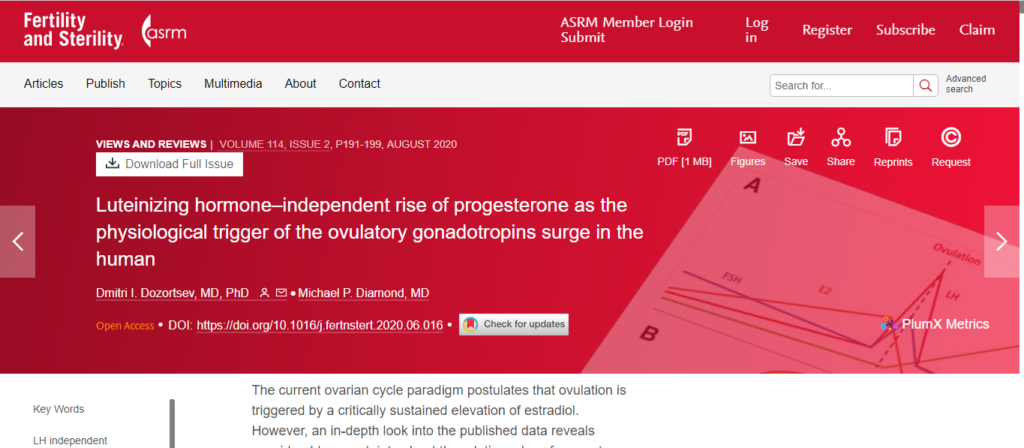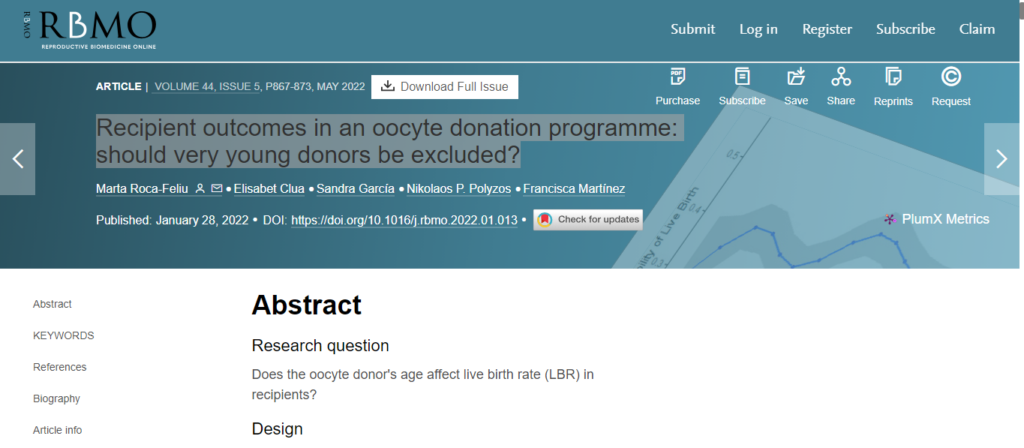Uterine fibroids can have a negative impact on fertility and pregnancy. Find out whether you are at risk.
Uterine fibroids are incredibly common among younger women, and depending on the size and location of uterine fibroids, they can negatively impact fertility or pregnancy. Read on to learn about uterine fibroids and whether you should speak to a doctor about their impact on fertility.
What Are Uterine Fibroids? Who Do They Affect?
Uterine fibroids are benign (meaning non-cancerous) tumors that develop in the uterus’s muscle tissue. Women who have uterine fibroids typically have more than one tumor. Fibroids vary in both size and location and can be as small as a seedling or as big as a grapefruit. Around 20-50% of all women of reproductive age have uterine fibroids.
The size and location of fibroids determines whether or not you experience symptoms and fertility issues and whether or not you will need treatment. There are three types of fibroids:
- Subserosal (55%), which are found in the outer wall of the uterus
- Intramural (40%), which are found in the muscular layers of the uterine wall
- Submucosal (5%), which protrude into the uterine cavity
If you believe you have fibroids, your doctor will conduct a physical assessment to determine their number, size, and location. In some cases, the doctor may also perform image testing for a clearer examination.
The Impact of Uterine Fibroids on Pregnancy
Although it is rare, uterine fibroids can have a negative impact on pregnancy. Growth typically occurs during the first trimester. While most women with uterine fibroids have entirely uneventful pregnancies, there is evidence to suggest that fibroids can create complications including an increased rate of spontaneous miscarriage, placenta abruption, preterm labor, malpresentation, labor dystocia, and postpartum hemorrhage.
Additionally, fibroids sometimes outgrow their blood supply and occasionally, cause extreme pain and impact the baby’s position in the uterus. If the latter occurs, doctors will often recommend cesarean delivery to reduce any potential risk to the baby.
The Impact of Uterine Fibroids on Fertility
Researchers have found that around 5-10% of women with fertility problems have fibroids. Submucosal fibroids — a rare type of fibroid that protrudes into the uterine cavity — can block the fallopian tubes, making it difficult or impossible for a fertilized egg to implant. They can also change the shape of the cervix, it can make it difficult for sperm to enter the uterus. Other complications include changes to the thickness of the uterine lining and poor blood flow to the uterine cavity.
If you believe you might have fibroids that are impacting your fertility or pregnancy, it is best to consult your doctor and a fertility specialist. At Advanced Fertility Center of Texas (AFCT), our trained specialists will help you navigate your fertility challenges for a successful pregnancy. If you have any concerns, don’t hesitate to schedule an appointment.



